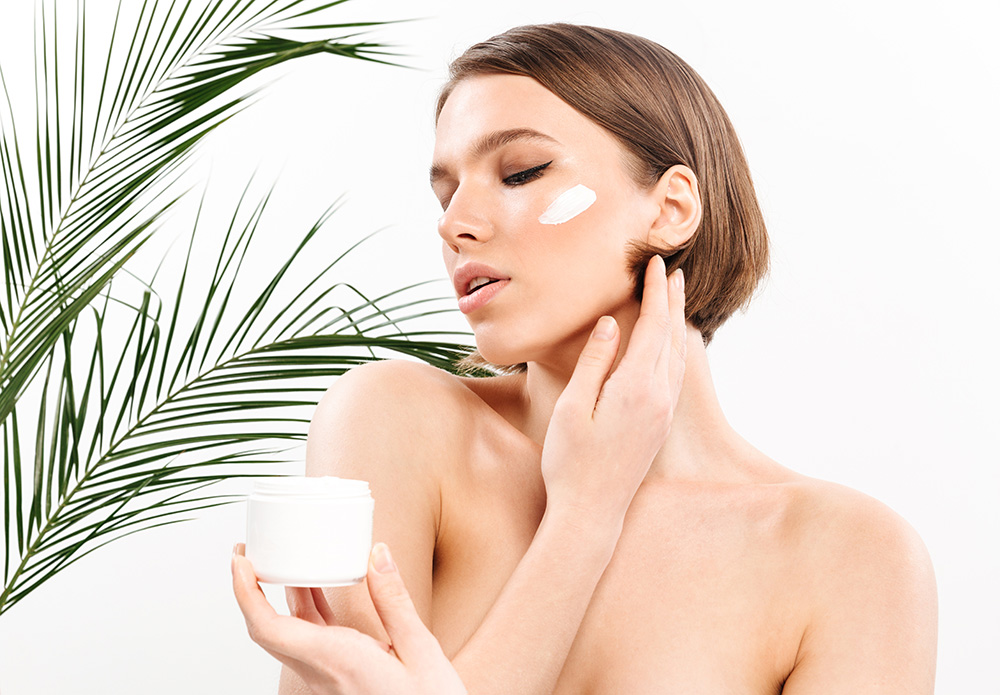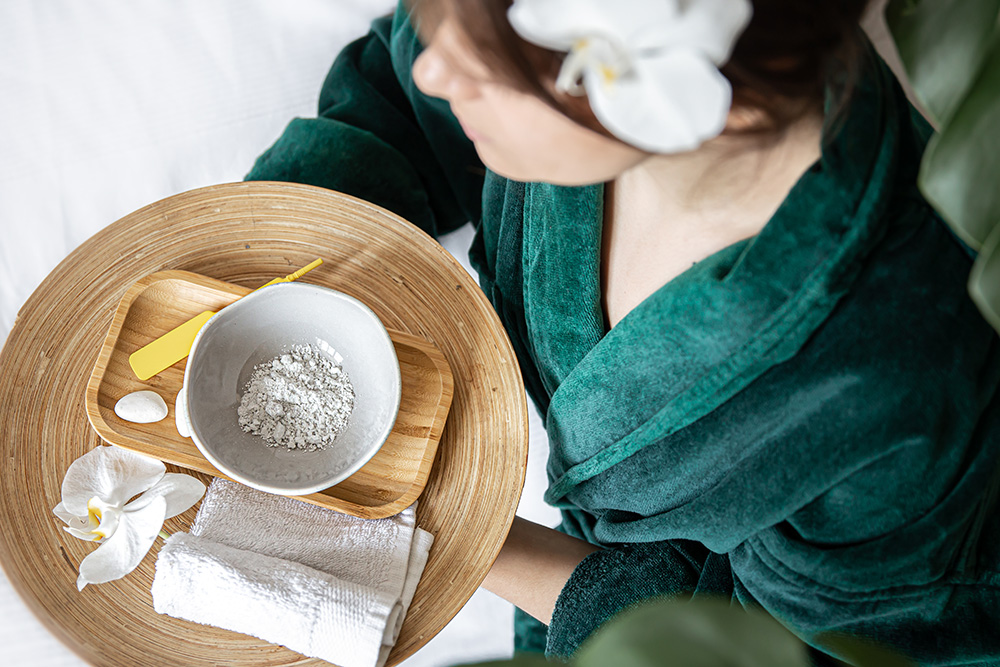
In the world of skincare, it can be challenging to separate fact from fiction. With countless products, trends, and advice flooding the market, it's easy to fall victim to skincare myths that can hinder rather than help your journey to healthy, radiant skin. In this article, we'll debunk ten common skincare myths and provide you with evidence-based information on what really works.
Myth 1: The Higher the SPF, the Better the Protection
Many people believe that using a sunscreen with an extremely high SPF offers significantly better protection than one with a lower SPF. However, the truth is that the difference in protection between SPF 30 and SPF 100 is minimal. SPF 30 sunscreens filter out about 97% of UVB rays, while SPF 50 filters out about 98%, and SPF 100 filters out about 99%. The key is to apply sunscreen liberally and reapply every two hours, regardless of the SPF number [1].
Myth 2: Natural Skincare Products Are Always Better
The term "natural" has become a buzzword in the skincare industry, leading many to believe natural products are inherently superior to synthetic ones. However, not all-natural ingredients are beneficial, and not all synthetic ingredients are harmful. Many natural ingredients can cause irritation or allergic reactions, while some synthetic ingredients, like retinol and vitamin C, have been extensively studied and proven to be effective. It's essential to look for evidence-based, well-formulated products rather than relying solely on the "natural" label [2].
Myth 3: You Don't Need Sunscreen on Cloudy Days
A common misconception is that sunscreen is only necessary on sunny days. However, UV rays can penetrate through clouds and cause skin damage even on overcast days. In fact, up to 80% of UV rays can pass through clouds, making sun protection crucial year-round [3]. Make sure to apply a broad-spectrum sunscreen with at least SPF 30 daily, regardless of the weather.
Myth 4: Expensive Skincare Products Work Better
Many people equate a high price tag with better quality and effectiveness regarding skincare products. While some expensive products may contain high-quality ingredients, there are plenty of affordable options that can be just as effective. The key is to look for products with evidence-based, proven ingredients rather than relying solely on brand name or price. Don't hesitate to consult with a dermatologist or skincare professional to help you find the best products for your skin type and concerns.
Myth 5: Pores Can Be Opened and Closed
The idea that pores can be opened and closed is a persistent myth in the skincare world. In reality, pores do not have muscles that allow them to open and close. While warm water or steam can help soften the skin and make pores appear more prominent, it doesn't actually open them. Similarly, cold water or astringent products can temporarily constrict pores, making them appear smaller but not physically close the pores [4].
Myth 6: Exfoliating More Often Is Better
Exfoliation is an important step in any skincare routine, as it helps remove dead skin cells and unclog pores. However, over-exfoliating can do more harm than good. Exfoliating too frequently can strip the skin of its natural oils, leading to dryness, irritation, and even breakouts. Most skin types can benefit from exfoliating once or twice a week, using a gentle chemical exfoliant like salicylic acid or a physical exfoliant like a scrub. Be sure to listen to your skin and adjust your exfoliation frequency accordingly [5].
Myth 7: You Don't Need Moisturizer If You Have Oily Skin
Those with oily skin often avoid using moisturizer, believing it will make their skin even oilier. However, skipping moisturizer can actually have the opposite effect. When the skin is dehydrated, it can overcompensate by producing even more oil, leading to a vicious cycle of oiliness and breakouts. The key is to choose a lightweight, oil-free moisturizer that hydrates the skin without clogging pores [6].
Myth 8: Anti-Aging Products Are Only Necessary for Mature Skin
Many people believe that anti-aging products are only necessary once visible signs of aging appear. However, the best approach to anti-aging is prevention. It's never too early to start incorporating anti-aging ingredients like retinol, vitamin C, and sunscreen into your skincare routine. These ingredients can help prevent and minimize the appearance of fine lines, wrinkles, and age spots over time [7].
Myth 9: Makeup Causes Acne
While it's true that some makeup products can clog pores and contribute to breakouts, makeup itself is not inherently acne-causing. The key is to choose non-comedogenic, oil-free makeup products and to practice good hygiene habits. Always remove your makeup thoroughly before going to bed, and clean your makeup brushes and sponges regularly to prevent the buildup of bacteria [8].
Myth 10: Drinking Water Is Enough to Hydrate Your Skin
Staying hydrated is important for overall health, but drinking water alone is not enough to keep your skin hydrated. While drinking water can help improve skin hydration from the inside out, it's also essential to use topical hydrating products like moisturizers and serums to keep the skin's surface hydrated and healthy. Look for products containing humectants like hyaluronic acid and glycerin, which can help attract and retain moisture in the skin [9].
Conclusion
Navigating the skincare world can be overwhelming, with countless myths and misconceptions clouding the path to healthy, radiant skin. By busting these ten common skincare myths and focusing on evidence-based practices and products, you can create a skincare routine that truly works for you. Remember, everyone's skin is unique, and what works for one person may not work for another. Don't hesitate to consult a skincare professional to help create a personalized routine that addresses your skin type and concerns.
References
- Sunscreen Guide. (n.d.). Retrieved from https://www.skincancer.org/skin-cancer-prevention/sun-protection/sunscreen/
- Newburger, A. E. (2009). Cosmeceuticals: myths and misconceptions. Clinics in Dermatology, 27(5), 446-452. https://doi.org/10.1016/j.clindermatol.2009.05.008
- Andersen, F. A., & Krishnan, P. V. (2014). The importance of UVA protection in sunscreens. Journal of the American Academy of Dermatology, 70(5), AB162. https://doi.org/10.1016/j.jaad.2014.01.696
- Draelos, Z. D. (2017). Cosmeceuticals: What's Real, What's Not. Dermatologic Clinics, 35(1), 107-115. https://doi.org/10.1016/j.det.2016.07.004
- Rodan, K., Fields, K., Majewski, G., & Falla, T. (2016). Skincare Bootcamp: The Evolving Role of Skincare. Plastic and Reconstructive Surgery Global Open, 4(12 Suppl), 1-21. https://doi.org/10.1097/GOX.0000000000001152
- Draelos, Z. D. (2018). The science behind skincare: Moisturizers. Journal of Cosmetic Dermatology, 17(2), 138-144. https://doi.org/10.1111/jocd.12490
- Ganceviciene, R., Liakou, A. I., Theodoridis, A., Makrantonaki, E., & Zouboulis, C. C. (2012). Skin anti-aging strategies. Dermato-endocrinology, 4(3), 308-319. https://doi.org/10.4161/derm.22804
- Baumann, L. (2016). Cosmetics and skin care in dermatology. In J. L. Jorizzo & J. V. Schaffer (Eds.), Dermatology (3rd ed., pp. 2475-2483). Elsevier Saunders.
- Palma, L., Marques, L. T., Bujan, J., & Rodrigues, L. M. (2015). Dietary water affects human skin hydration and biomechanics. Clinical, Cosmetic and Investigational Dermatology, 8, 413-421. https://doi.org/10.2147/CCID.S86822
Latest Posts
-
1
-
2
-
3
-
4
-
5





